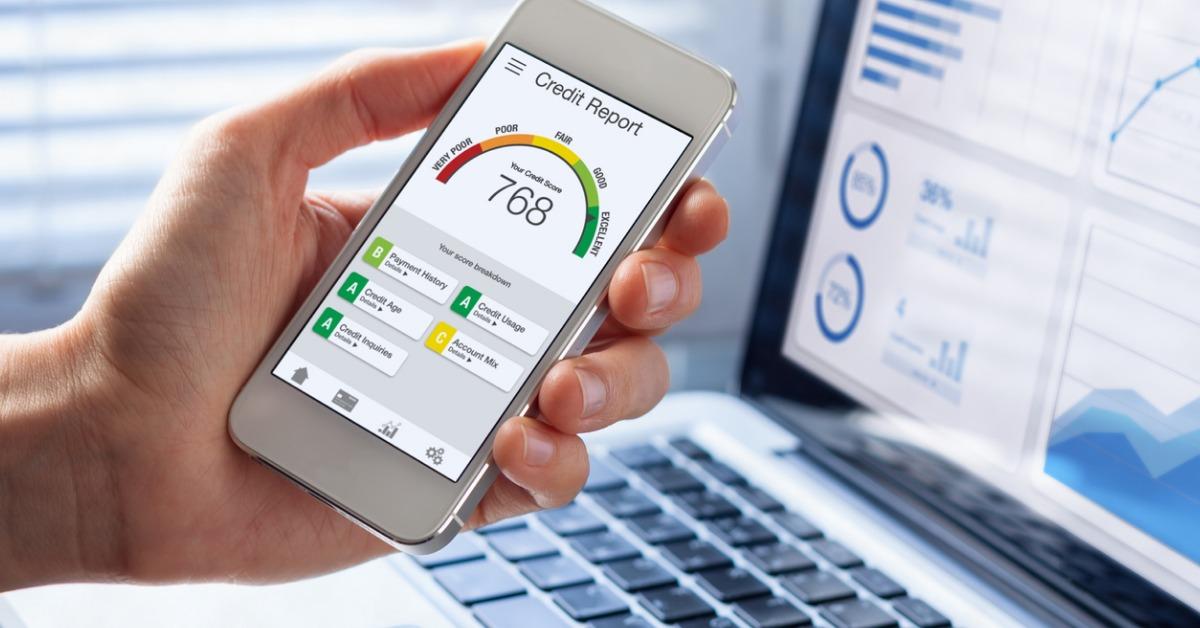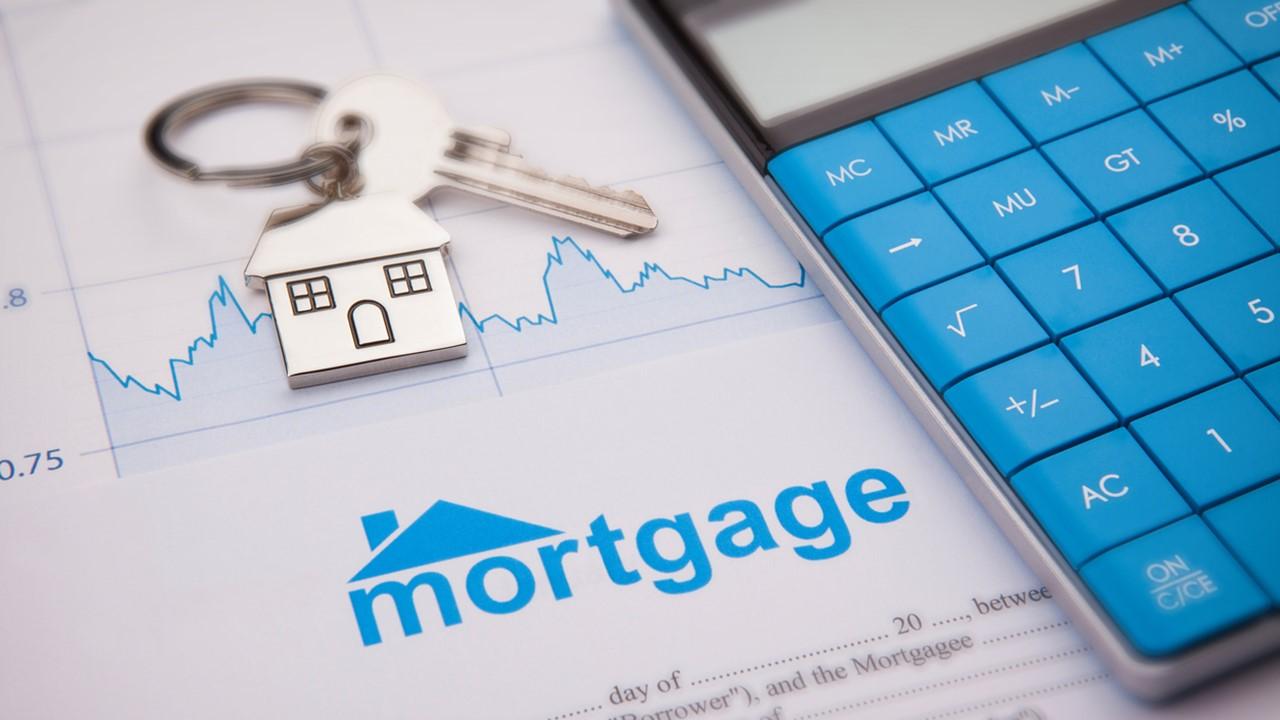Why Improving Your Credit Score Can Help You Get a Better Mortgage Rate
Many first-time homebuyers ask the same questions. How are mortgage rates determined and what can I do to get a better rate?
Aug. 25 2020, Updated 12:11 p.m. ET

For many first-time homebuyers, mortgage rates are an inexplicable, although necessary, hurdle to overcome. Mortgage rates can seem difficult and daunting due to multiple economic and regulatory factors that influence when they rise and fall.
You don’t need to be an expert to know what factors influence mortgage rates. However, understanding the factors may help you afford your forever home.

What factors impact mortgage rates?
Some of the factors used to determine your mortgage rate rely on aspects of your financial footprint that you control—things like your credit score or the mortgage amount compared to the home’s price. While external factors are beyond your control, they can be navigated successfully by simply understanding what they are.

The credit score and mortgage rate connection
The credit score is first and foremost among the factors that you can control when searching for a house. Individuals with the best credit scores of 740 or higher will likely get the best and lowest mortgage rates. They also have the best pick of loan options.
Borrowers with interest rates of between 700 and 739 will have higher interest rates. The rates go up as your credit score decreases. People with scores of 620 – 699 might have a hard time getting large loans.
Loan-to-value ratio
The loan-to-value ratio is a measure of the mortgage amount compared to the price of a home’s value. For example, if you buy a house for $100,000, you put $20,000 down and take out an $80,000 mortgage. That means you are effectively borrowing 80 percent of the home’s value. So, your loan-to-value ratio is 80 percent.
The less you have to put down on an expensive house, the more of a risk you might end up being. Loan-to-value ratios greater than 80 percent are considered high risk because they put the lender at a greater risk. Therefore, the mortgage rates would end up being higher or require that mortgage insurance be attached to the loan.

Mortgage rate factors beyond your control
Mortgage rates tend to move up and down daily based on several current trends or factors including the unemployment rate, the current and expected rates of inflation, and other economic indicators. These market forces are things you can't control even if they will ultimately contribute to your mortgage rate.
Economic ups and downs
Mortgage rates go up when unemployment is low, when the outlook for economic growth is projected to be on the upswing, and when inflation is higher. The rates fall when the economy drops, inflation is low, and unemployment rises. However, not all of the factors always point in the same direction at once. They can increase or fall independently, which in turn affects mortgage rates in different ways.

How economic trends impact mortgage rates
Mortgage investors also pay attention to other economic trends as well. Inflation and unemployment may be catch-alls in some cases. Besides home sales, housing starts, retail sales, stock prices, and corporate earnings all have an effect on the rates.
Lenders view various factors differently. Something that is a huge risk to one lender, like a credit score, may not be as much of a problem for another lender. You should keep an eye on economic trends and your own financial situation before making a big decision on a mortgage.
